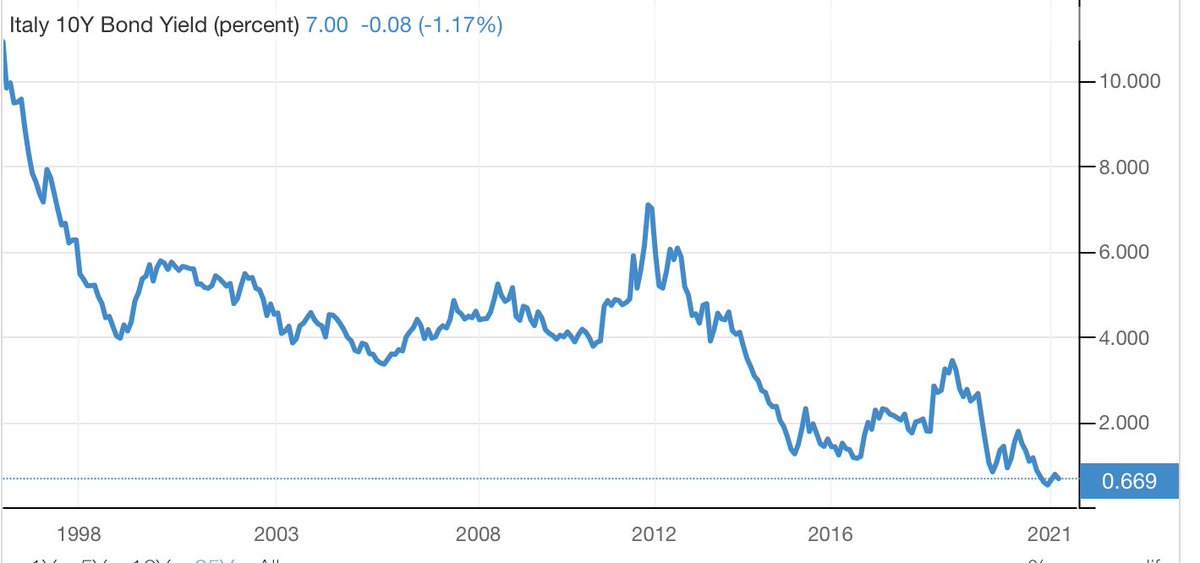The 'revolution' in macroeconomics in the 70s produced useless models and set the discipline back 40 years and counting. Not only do Rational Expectations not explain inflation dynamics, but the whole microfoundations project was theoretically incoherent.
https://twitter.com/LHSummers/status/1164491314337079296
In the same decade that the microfoundations craze (the idea that macro relationships had to be based on optimising behaviour of microeconomic agents) took off, a series of results were published that showed you couldn't derive a stable, unique equilibrium from micro behaviour
These were the findings of Sonnenschein, Mantel and Debreu. They showed that even if every individual had well behaved, downward-sloping demand curves, the combined effect would yield a demand curve that went all over the place, with multiple and unstable equilibria.
The solution to this was to just treat the aggregate behaviour as the behaviour one optimising person, the representative agent approach. So in the standard New Keynesian model there is one agent representing the entire economy.
But this gets round the SMD results by just assuming the SMD results don't exist, as it's the SMD results that show this cannot be done. As a result, representative agent models (the most common in mainstream macro) are useless for any kind of policy guidance.
Not only that, but the general equilibrium models that took over as a result of this revolution were used for analysis of monetary policy, in spite of the fact that there is no theoretical justification for including money in these models.
The process that brings these models to a stable equilibrium (provided you ignore the previous argument) is Tatonnement, which ensures that nothing happens until equilibrium is reached. This clearly bears no resemblance to the real world, but it's necessary for the model to work
But in a Tatonnement process, there's no need for a medium of exchange, no need for a double coincidence of wants. So the money demand equation, with Clower's justification that "goods cannot buy goods" is unjustified. This is a model of pure barter where relative prices matter.
So there's no basis for money or interest to influence behaviour in the model. In fact, in contrast to the real world where money makes transactions easier, money in these models is a friction. Again, the whole project is incoherent.
• • •
Missing some Tweet in this thread? You can try to
force a refresh











